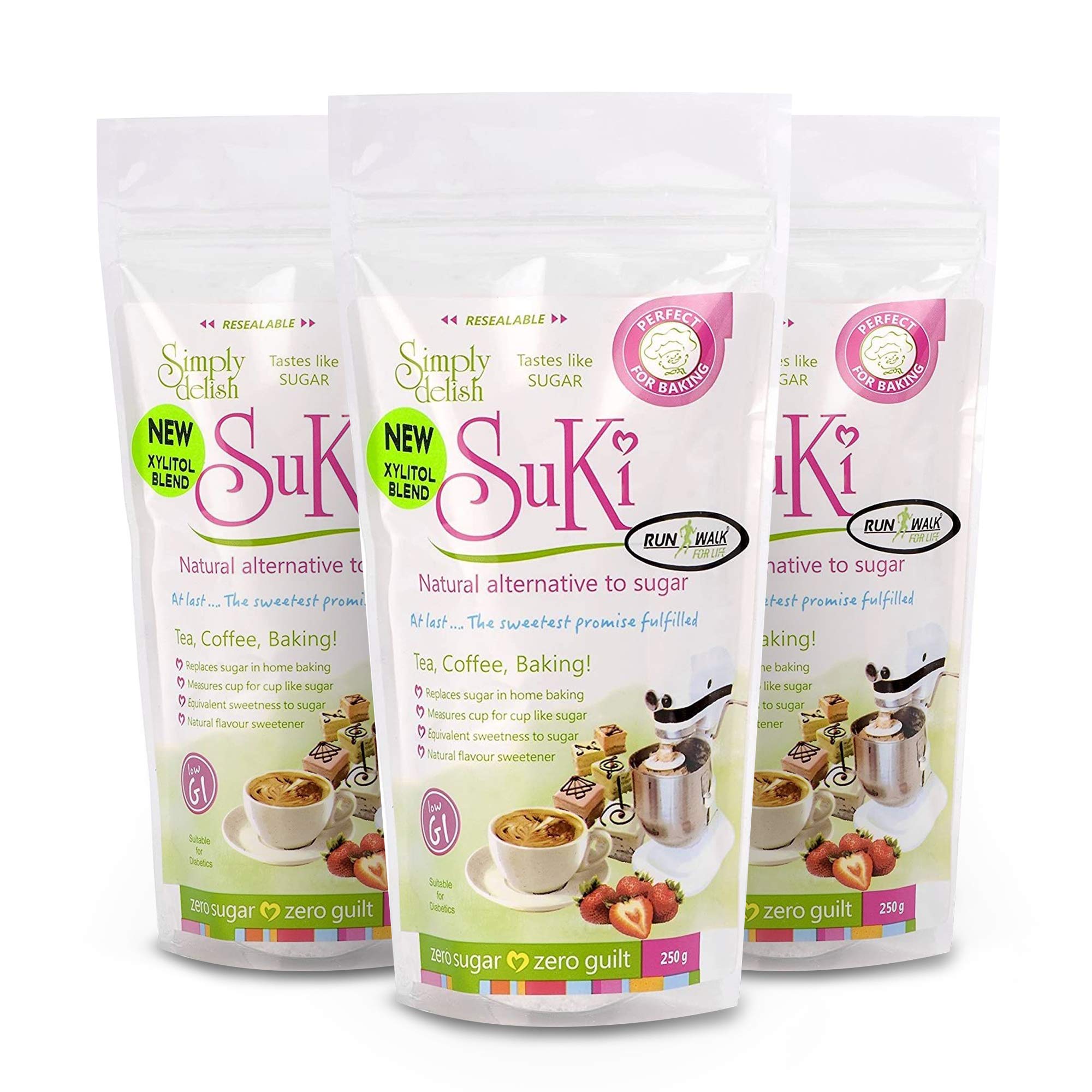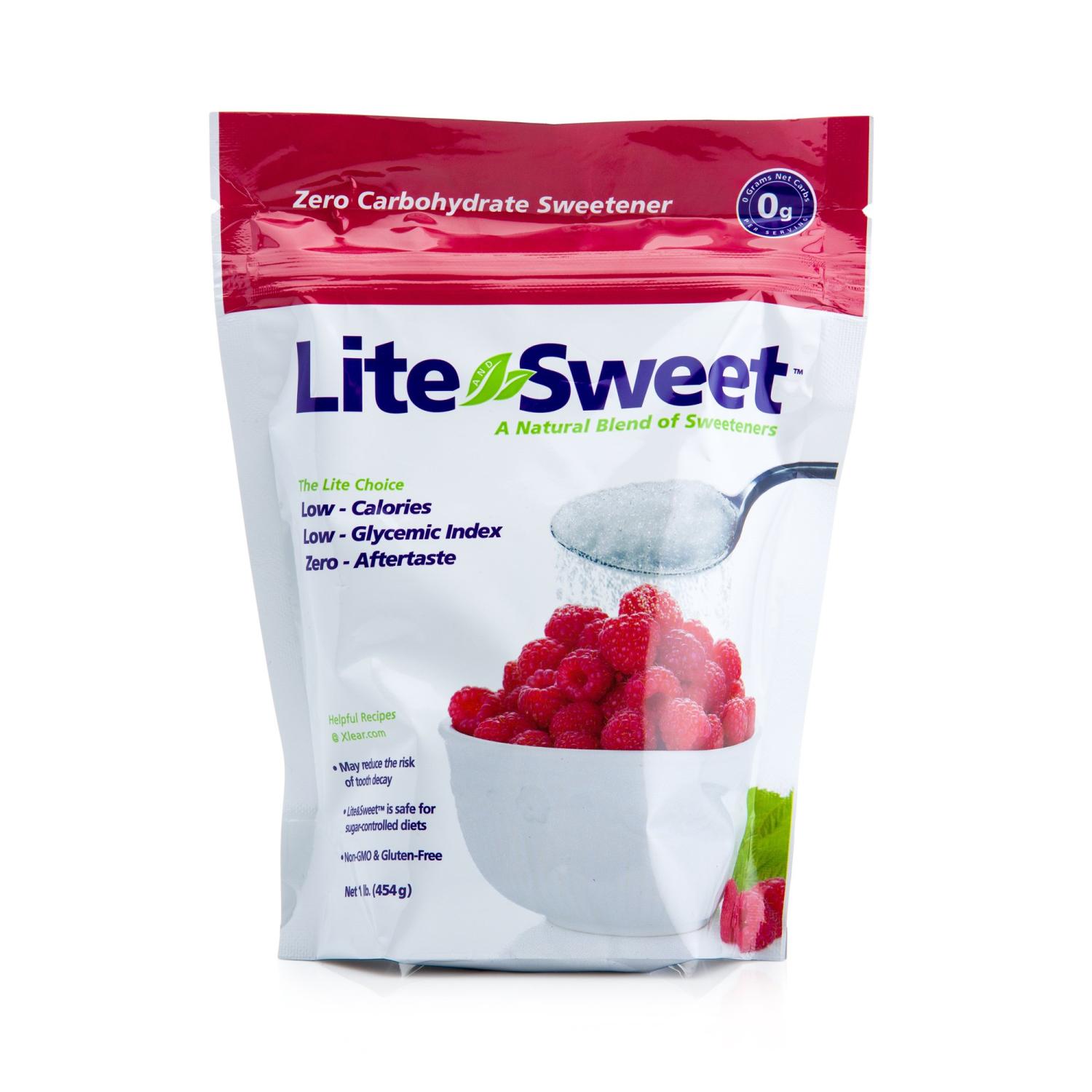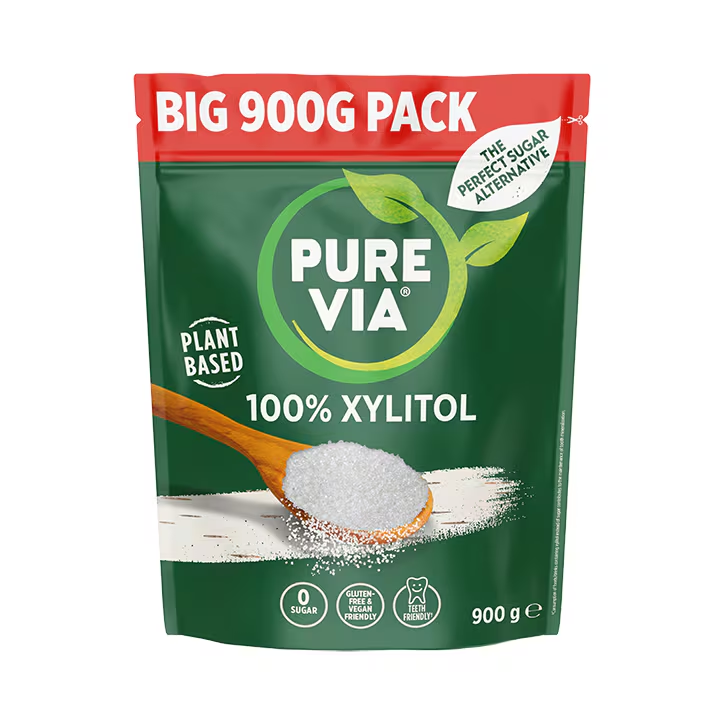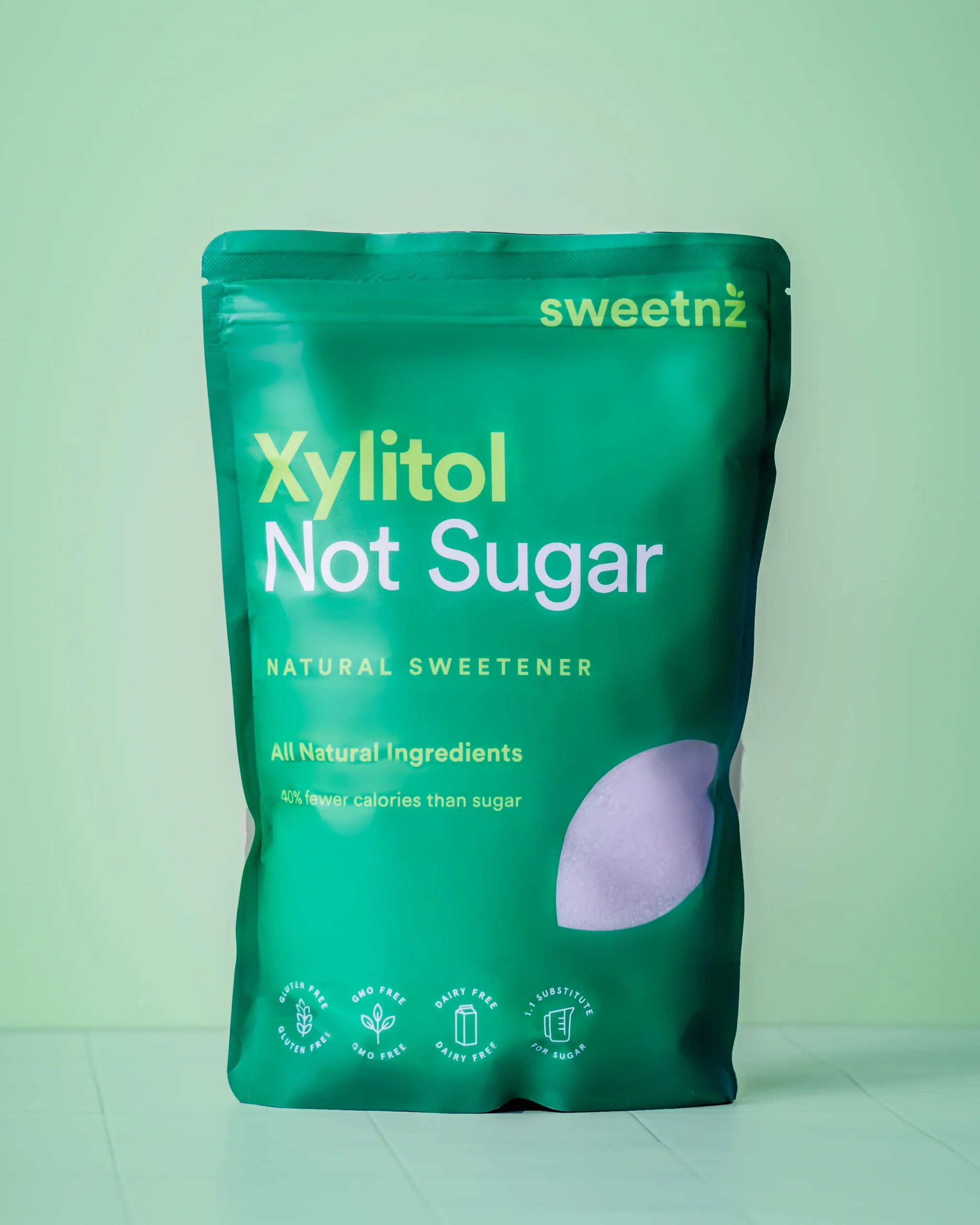Description
Xylitol-Blend Sweeteners: A Sweet Solution with Considerations
As consumers become increasingly aware of the potential drawbacks of traditional sugar, the market for alternative sweeteners is booming. Among the frontrunners in this sweet revolution are xylitol-blend sweeteners. These products offer a compelling combination of benefits, but it’s important to understand what they are, what they offer, and what potential drawbacks to consider before making the switch.
What are Xylitol-Blend Sweeteners?
Unlike pure xylitol, which can be expensive and have some potential side effects, xylitol-blend sweeteners combine xylitol with other sweeteners, often non-nutritive ones like stevia, erythritol, or monk fruit extract. This synergistic approach aims to:
- Reduce the cost: Xylitol can be more expensive per unit than some other sweeteners. Blending lowers the overall price, making it more accessible to a wider range of consumers.
- Improve the taste profile: Pure xylitol, while generally pleasant, can have a slightly cooling or “minty” aftertaste for some. Blending with other sweeteners can mask this and create a more balanced and sugar-like flavor.
- Minimize potential side effects: Consuming large quantities of pure xylitol can lead to digestive discomfort in some individuals. Blending can reduce the xylitol content, potentially mitigating these effects.
- Leverage the strengths of different sweeteners: Each sweetener in the blend contributes unique characteristics, such as enhanced sweetness, improved texture, or potential health benefits.
Benefits of Xylitol-Blend Sweeteners:
Xylitol-blend sweeteners offer a variety of potential advantages over traditional sugar and even other artificial sweeteners:
- Lower Glycemic Index (GI): Xylitol has a very low GI, meaning it has a minimal impact on blood sugar levels. This makes it a popular choice for individuals managing diabetes or those seeking to stabilize their blood sugar. Blends, depending on the other ingredients, generally maintain a lower GI than sugar.
- Dental Health Benefits: Xylitol is known to inhibit the growth of bacteria responsible for tooth decay. This benefit remains present in xylitol-blend sweeteners, contributing to improved oral health.
- Calorie Reduction: Most xylitol-blend sweeteners contain significantly fewer calories than sugar. This makes them a viable option for weight management.
- Versatility: Xylitol blends can be used in a wide range of applications, from baking and cooking to sweetening beverages and cereals.
- Potential prebiotic effects: Some studies suggest that xylitol may act as a prebiotic, promoting the growth of beneficial gut bacteria.
Considerations and Potential Drawbacks:
While xylitol-blend sweeteners offer numerous benefits, it’s essential to be aware of potential downsides:
- Digestive Discomfort: Even in blends, consuming large quantities of xylitol can cause bloating, gas, and diarrhea in sensitive individuals. It’s recommended to start with small amounts and gradually increase consumption to assess tolerance.
- Ingredient Sensitivity: Individuals may be sensitive to one or more of the sweeteners used in the blend. Always check the ingredient list carefully, especially if you have known allergies or sensitivities.
- Animal Toxicity: Xylitol is extremely toxic to dogs. Even small amounts can cause a rapid drop in blood sugar, leading to seizures, liver failure, and even death. Store xylitol-blend products safely out of reach of pets.
- Varying Sweetness Levels: Depending on the blend, the sweetness level can vary. It’s often necessary to experiment to find the right amount for your desired taste.
- Potential for Misleading Labeling: Always read labels carefully. Some products may market themselves as “xylitol sweeteners” even if the xylitol content is relatively low. The order of ingredients on the label indicates the proportion of each ingredient, with the ingredient listed first being the most prevalent.
- Long-Term Effects: While generally considered safe, the long-term effects of consuming large quantities of xylitol and other non-nutritive sweeteners are still being studied.
Making the Right Choice:
Choosing the right xylitol-blend sweetener requires careful consideration. Here are some tips:
- Read the ingredient list: Pay close attention to the ingredients and their proportions.
- Consider your individual needs: Think about your dietary restrictions, health goals, and taste preferences.
- Start with small amounts: Gradually increase your consumption to assess your tolerance.
- Store safely: Keep xylitol-blend products out of reach of pets.
- Consult with a healthcare professional: If you have any concerns or underlying health conditions, consult with a doctor or registered dietitian before making significant changes to your diet.
Conclusion:
Xylitol-blend sweeteners offer a promising alternative to traditional sugar, providing a range of benefits including a lower glycemic index, dental health advantages, and calorie reduction. However, it’s crucial to be aware of potential drawbacks, such as digestive discomfort and animal toxicity. By carefully considering your individual needs and choosing wisely, xylitol-blend sweeteners can be a part of a healthy and balanced lifestyle. Remember to always prioritize reading labels, starting small, and keeping your furry friends safe.











Reviews
There are no reviews yet.